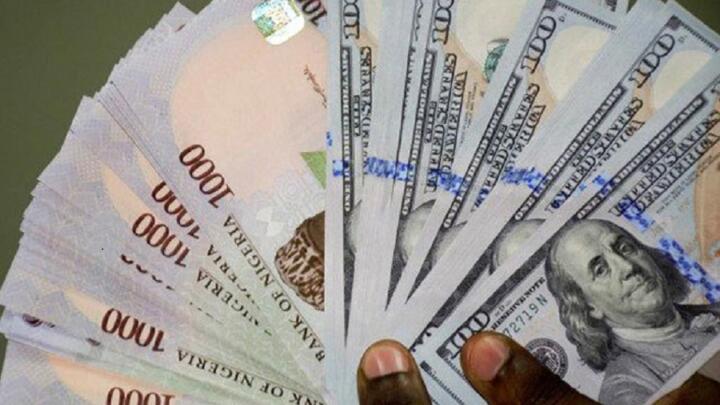The Nigerian currency has staged a strong recovery in the foreign exchange market, appreciating to ₦1,500 per United States dollar amid renewed confidence spurred by an improvement in the country’s external reserves. The rally marks a positive turn for the naira, which in recent months has faced sharp depreciation pressures due to dollar scarcity, inflation, and investor concerns over the wider economy.
Traders and market analysts confirmed that the naira gained strength both at the official and parallel segments of the foreign exchange market following reports of rising foreign exchange inflows and tighter monetary policies by the Central Bank of Nigeria. The apex bank has recently intensified efforts to stabilize the currency through a mix of interventions, including clearing outstanding forward contracts, tightening liquidity in the banking system, and attracting portfolio inflows through higher interest rates on government securities. These measures, combined with fresh dollar inflows from crude oil sales and remittances, have boosted confidence and strengthened reserves.

According to market operators, Nigeria’s external reserves, which had been under pressure earlier this year, have recorded notable accretion in recent weeks. This has provided the Central Bank with more firepower to intervene in the market and reassure investors of the country’s ability to meet foreign exchange demands. The rise in reserves is linked to improved crude oil production, recovery in global oil prices, and better compliance with remittance inflows through official channels.
The appreciation of the naira has also been helped by reduced speculative activities as the monetary authority stepped up surveillance of banks and currency traders. Recent clampdowns on forex market abuses and the decision to enforce stricter compliance with reporting requirements have curtailed round-tripping and other practices that worsened pressure on the naira. In addition, portfolio investors have responded positively to reforms in the foreign exchange market, with inflows of dollars into government bonds and treasury bills helping to stabilize supply.
For businesses and households, the rally in the naira is seen as a welcome development after months of high volatility that pushed import costs and inflation upward. Importers of essential goods, manufacturers reliant on raw materials, and ordinary Nigerians grappling with rising prices are expected to experience some relief if the currency stability is sustained. Analysts caution, however, that the benefits may take time to filter through to retail markets as prices tend to adjust more slowly on the downside.
The development has also improved investor sentiment, with financial markets reacting positively to the news of a stronger currency and higher reserves. Equity traders noted renewed interest in banking and consumer goods stocks, sectors seen as immediate beneficiaries of exchange rate stability. The bond market has also attracted increased attention, with foreign investors showing greater willingness to participate in Nigeria’s debt instruments.
Despite the encouraging rally, economists warn that sustaining the gains will require consistent policy discipline. Nigeria remains highly dependent on crude oil exports for foreign exchange earnings, and any major disruption in production or a sharp decline in global oil prices could put fresh pressure on the reserves and the naira. Structural issues such as low non-oil exports, weak industrial output, and insecurity in oil-producing regions continue to pose risks to long-term stability.
The government has reiterated its commitment to diversifying the economy and boosting foreign exchange supply from non-oil sources. Initiatives to expand agricultural exports, encourage local manufacturing, and improve the business environment for foreign direct investment are ongoing. Authorities are also working on improving remittance inflows by incentivizing Nigerians in the diaspora to use official channels.
For now, the recovery of the naira to ₦1,500 per dollar represents a key psychological milestone that may help restore confidence in the broader economy. It signals that policy reforms and tighter oversight can yield results when backed by rising reserves and improved investor participation. However, sustaining the momentum will require addressing deeper structural weaknesses while ensuring that monetary and fiscal authorities remain aligned in their pursuit of macroeconomic stability.
The coming weeks will be crucial in determining whether the rally is temporary or the beginning of a more sustained period of naira stability. Much will depend on continued inflows from oil and non-oil sources, investor confidence in government policies, and the ability of the Central Bank to maintain discipline in the management of both liquidity and reserves. For ordinary Nigerians, a steadier currency would mean reduced uncertainty in prices, lower pressure on living costs, and a measure of relief in an economy still battling inflation and slow growth.
Support InfoStride News' Credible Journalism: Only credible journalism can guarantee a fair, accountable and transparent society, including democracy and government. It involves a lot of efforts and money. We need your support. Click here to Donate
